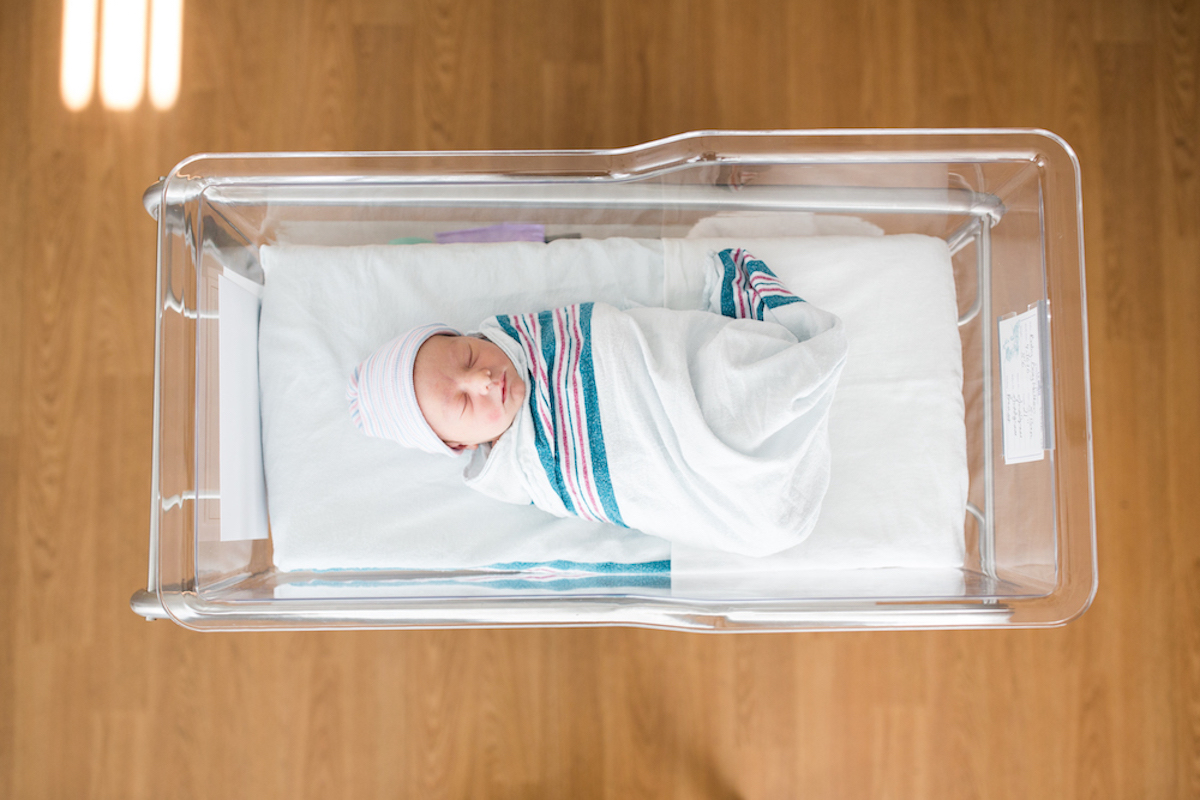It’s such a simple question. And yet it seems to generate so much family conflict in readers of this newsletter. There are the no-salt parents who are scandalized by grandma adding salt to the mashed sweet potato. And then there are the pro-salt people, who groan at their sister-in-law’s insistence on a separate salt-free meal for her 11 month old.
I, myself, have played both sides. The older of my children ate largely no-salt purees for the first year, but my younger one ate what we ate from four months old, salt and all.
So, who is right? And why? Let’s investigate. (As a BTW: Feeding Littles is great on this and a variety of other kid-food topics).
What’s the question?
I see this question framed in two ways. First, “Does my baby need salt?” To which the answer is, yes, but not added salt. Breastmilk and formula have sodium in them. People (babies, everyone) need some sodium to survive. But, perhaps unsurprisingly, evolution has equipped breastmilk with sufficient sodium that babies do not need more. So, you do not need to add salt.
However, I think the question most of us have is different. It is: “Can my baby have salt?” This question is relevant for at least two reasons. First, because if you do want your baby to eat what you are eating (either because you are using a baby-led weaning approach, or because you are lazy like me) it’s much more work if you need to produce salt-free versions. And, second, because salt makes food taste better and your baby might like it better if vegetables had a bit of salt.
So we’ll dive into this second question.
Why no salt for babies?
There are really two reasons parents are cautioned about salt: salt toxicity, and long term health concerns.
To begin with the first: an extreme excess of salt can be dangerous — even fatal — for infants and young children. This is also true of adults, but infants and children are at greater risk because of their less mature kidneys. Less mature kidneys = less ability to process salt.
Overdose of salt is called “salt toxicity.” However: while this is a real biological issue, it is not like something you’d get from salting mashed potatoes, even if grandma likes them really salty. Salt toxicity in infants and children (as in this case review) tends to be due to medical errors (e.g. excess sodium in newborn IV) or child abuse. This concern isn’t a compelling reason to avoid lightly salting the foods your baby eats.
The second concern is that infant exposure to salt is broadly unhealthy, either generating a long-term taste for salty foods (which may be less healthy) or increasing blood pressure in the short term.
Conclusions on the first question are inherently tricky. On the one hand, there is a lot of data suggesting that tastes are formed early in life. If you are exposed to a lot of salty food early on, it’s possible this leads to a taste for salt later. But the links between salt and adult health are complicated, and excess salt intake among adults is often associated with other dietary patterns which may be problematic. And we generally have a very hard time learning about the benefits of particular dietary choices.
Further: healthy adults do eat food with salt in it. So if your child develops a taste for having their broccoli roasted with olive oil and salt, that isn’t inherently a bad thing.
More interesting data-wise are a couple of small randomized trials on the relationship between salt intake in infancy and blood pressure. In one of these, published in 1983 in JAMA, researchers randomized 245 infants to normal or low-sodium diets (practically, this mostly meant normal or low-sodium formula). At 6 months of life, they found lower blood pressure in the low-sodium group. Although the blood pressure was all in the normal range, they hypothesized this might suggest a broader salt-high-blood-pressure link.
Further concerns were raised when, 15 years later, a follow-up study argued that the normal-sodium group still had higher blood pressure on one metric. This would suggest a long-term relationship between early salt exposure and health, a possible reason for more concern about infant salt intake.
However: this follow-up study has some subtle issues. The original study, as noted, was randomized. As a result, we can attribute any differences across the groups as a causal effect of the treatment, since there is no other systematic reason the groups would differ. In principle, then, this randomization holds 15 years later. Except that the follow-up study wasn’t able to include all of the original participants — they included only 71 of the low-sodium group and 96 of the normal-sodium. And unfortunately, among the people they did include, there were some underlying differences in their socioeconomic status and their parents health.
This type of problem — what we call “differential attrition” — makes it hard to draw any long-term conclusions. Beyond this, it’s not completely obvious what conclusions one would draw here. The differences in blood pressure are small and not clinically significant, and there are no other differences across the groups in weight or other metrics. At best, I think I concur with the original authors that this is supportive of a more general link between salt and blood pressure, but it doesn’t directly suggest (say) we shouldn’t salt our baby’s carrots.
What’s the right amount of salt?
To recap:
- Your infant doesn’t need more salt than they get through breast milk or formula.
- Salt toxicity is a real thing, but not one that’s going to result from your baby eating normally salted food.
- There are concerns about higher blood pressure in the long term due to a higher salt diet in the first year, but the data on these is not super compelling and the differences are small.
- Long term tastes for salt — and other flavors — are likely formed in early childhood but this doesn’t necessarily imply they shouldn’t have normally salted food.
It’s worth noting that US guidelines suggest a particular limit on salt for babies under 1 year — under 400 mg a day, including any salt in formula or breastmilk. Taken literally, it would mean you could have a bit of salt in your baby’s food but would want to be careful about amounts. But this number isn’t based on anything in particular; it’s theoretical at best.
Where this all leaves us in terms of decisions depends a little bit on how you’re approaching food for your baby. If you are largely using purees or baby-specific foods through the first year, there is no reason to add salt to them. This includes both making your own and store-bought purees. Babies do not have the taste for salt that adults do, so there just isn’t any reason to add them.
On the other hand, if you’re approach this through some version of baby-led weaning, or any system where your baby eats the food you do, it becomes more complicated. Is it really necessary to make two versions of every meal? My read of the data is, no, unless you eat your food really, really salty. Moderation! Don’t serve the baby olives, or saltines, or very salty chips. But the roast chicken you’re having, the squash, the salad — it’s okay if they have some salt. Your baby does not need their own, unsalted, chicken.
Community Guidelines

















